Enter a surname, town name or other keyword to search the database. Remember to
allow for the different spellings of 'Mc' and 'Mac.' Good luck!
{Search tips: Use single word search terms for more results}
You must enter some valid character(s) into the search field
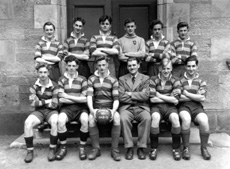
Reference: IRAA
Football 1st XI 1948-1949. Rea...
|
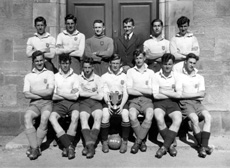
Reference: IRAA
Football 1947-1948. (Courtesy ...
|
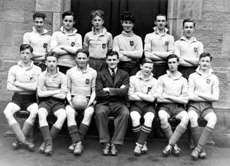
Reference: IRAA
Football 1946-1947. (Courtesy ...
|
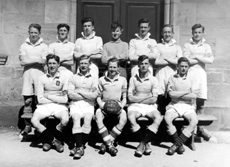
Reference: IRAA
Football 1945-1946. (Courtesy ...
|
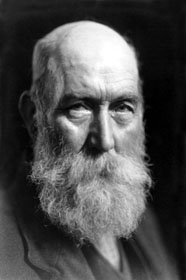
Reference: H-0257
William Malcolm (1858-1949), m...
|
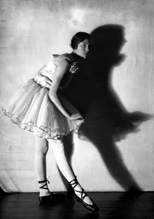
Reference: 27530.5d
Mary Roche, January 1929. ...
|
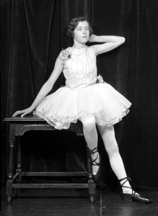
Reference: 27530.5c
Mary Roche, January 1929. ...
|
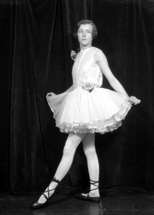
Reference: 27530.5b
Mary Roche, January 1929. ...
|
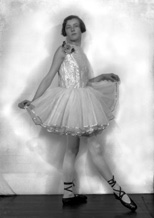
Reference: 27530.5a
Mary Roche, January 1929. ...
|
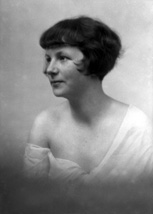
Reference: 25730b
Miss Dorothy Paterson, Balloch...
|
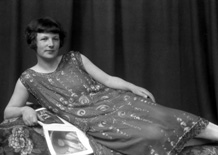
Reference: 25730a
Miss Dorothy Paterson, Balloch...
|
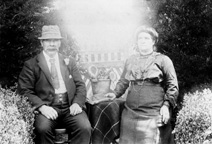
Reference: 877
Copy for Mrs Robertson, Old ...
|